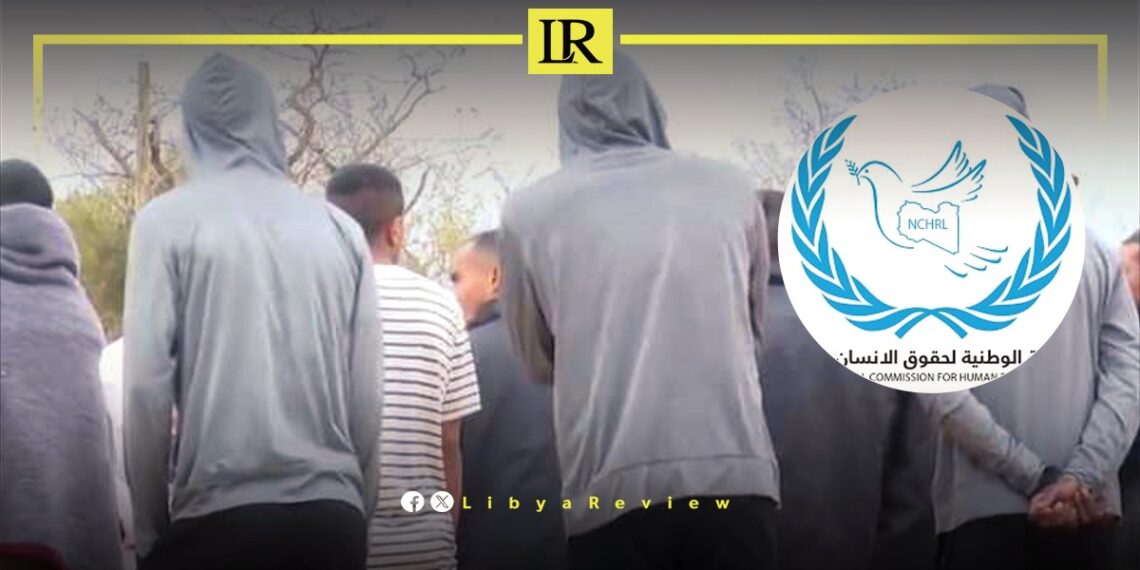On Saturday, the head of Libya’s Institution of National Commission for Human Rights (NCHRI), Ahmed Hamza, strongly criticised the foreign ministry of the Abdul Hamid Dbaiba-led Government of National Unity (GNU), calling its actions irresponsible and unprofessional.
His comments follow the arrest of 95 Libyan nationals in a secret military camp in South Africa, sparking widespread controversy.
General Fannie Masemola, South Africa’s National Police Commissioner, provided new details about the case, noting the discovery of narcotics, including cannabis and cocaine, as well as weapons within the camp. Masemola confirmed that the police are collaborating with the Department of Home Affairs to investigate how the detainees obtained visas to enter the country.
The South African Police Service (SAPS) conducted the raid in conjunction with intelligence officials and Department of Home Affairs personnel, following reports of suspicious activities at the camp. Police spokesperson Donald Mdhluli stated that the site, initially designated as a training ground for security guards, had been illicitly transformed into a military training base.
According to the Associated Press, the police raided the camp located on a farm in White River, Mpumalanga province, approximately 360 kilometers northeast of Johannesburg. SAPS national spokesperson Athlenda Mathe reported that the Libyans had entered South Africa on student visas, but police investigations revealed they were receiving military training instead.
Acting Provincial Commissioner Major General Zeph Mkhwanazi announced that all detainees are Libyan nationals and are currently being interrogated by the relevant authorities. He added that the arrest operation and camp closure began two days ago, with ongoing investigations to uncover all aspects and individuals involved in this case.
The arrest of 95 Libyans in a clandestine military camp in South Africa has stirred significant debate. NHRI head Ahmed Hamza, in a Facebook post monitored by Libya24 News, emphasized that the actions of the outgoing Dbaiba government’s foreign ministry illustrate the deepening rift between Libyan institutions, portraying the country as if it were divided into two states.
In response, the Dbaiba government has denied any connection to the detainees in South Africa and expressed its readiness to participate in investigations to uncover the details of the case. In an official statement, the government clarified that it had not assigned any educational or other missions to the detained individuals. Furthermore, it confirmed the appointment of the Military Attorney General and the Libyan Ambassador to South Africa to oversee the investigations and ensure the safety of the detained citizens.
Major General Zeph Mkhwanazi reiterated that the detainees are undergoing questioning by the authorities to determine the full context and the people behind this incident. The ongoing investigation seeks to bring clarity and accountability to the situation.
This incident sheds light on the broader issues facing Libya, a country still grappling with political instability and division since the fall of Muammar Gaddafi in 2011. The internal conflict has led to a fragmented government, with multiple factions vying for control and international recognition.


